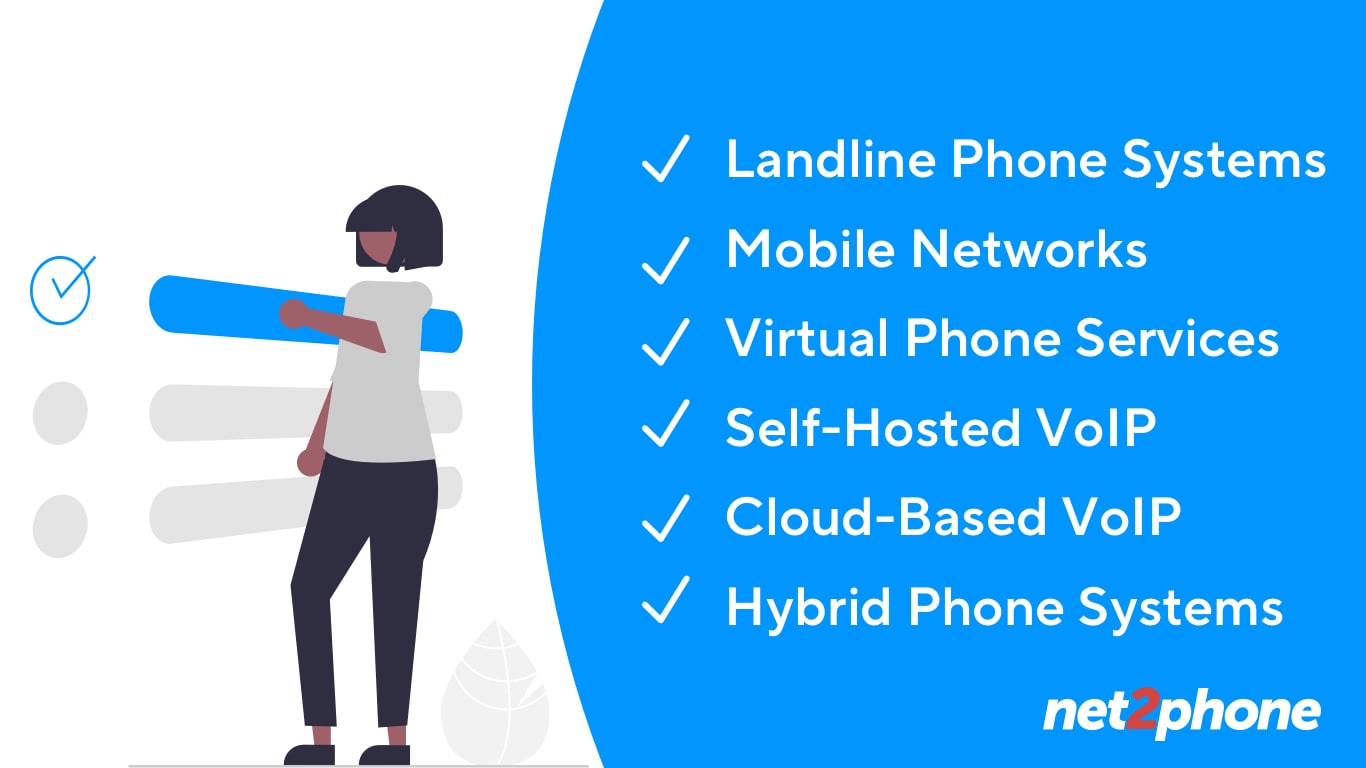Tailored Interaction Solutions: Phone Systems Houston TX for Business Success
Wiki Article
Phone System Security: Protecting Your Organization Communications
In today's electronic age, phone system protection has become extra crucial than ever for businesses. With the raising reliance on phone systems for interaction, it is essential to safeguard sensitive details and make certain the stability of organization interactions. This short guide will provide an introduction of phone system vulnerabilities and provide practical suggestions on improving safety and security procedures. From carrying out strong passwords and two-factor verification to securing voice and information interactions, these strategies can aid secure your company against prospective threats. In addition, regularly covering and updating phone systems is necessary to stay in advance of arising security threats. By prioritizing phone system security, organizations can mitigate potential threats and make sure the privacy and privacy of their communications.
Recognizing Phone System Vulnerabilities
There are several crucial vulnerabilities that organizations ought to be aware of when it comes to their phone system security. One vulnerability that companies should resolve is the risk of unapproved access to their phone systems.Furthermore, organizations ought to be mindful of phishing assaults targeting their phone systems. Attackers may use social design methods to deceive workers right into revealing sensitive information or installing malware. This can jeopardize the safety of the whole phone network and compromise the confidentiality of company communications.
Another vulnerability is the capacity for toll scams. Hackers can gain accessibility to a service's phone system and use it to make pricey global or long-distance telephone calls, causing considerable financial losses. To minimize this risk, services must on a regular basis keep an eye on phone call logs for any suspicious activity and apply solid protection measures to avoid unauthorized access.
Finally, companies must understand the risk of denial-of-service (DoS) attacks on their phone systems - Business Phone Systems Houston TX. These strikes overwhelm the system with extreme website traffic, making it inaccessible. This can interrupt normal business procedures and trigger substantial monetary and reputational damage
Importance of Solid Passwords
To reinforce phone system protection and minimize the risk of unauthorized gain access to, organizations need to prioritize the importance of solid passwords. A solid password offers as an essential obstacle versus prospective burglars and secures delicate company communications from being jeopardized. Weak passwords are very easy targets for hackers and can bring about considerable safety violations, resulting in monetary losses, reputational damage, and potential legal ramifications.Producing a strong password includes several key components. It ought to be complex and lengthy, typically being composed of at the very least 8 personalities. It is a good idea to consist of a combination of capital and lowercase letters, numbers, and special characters to improve the password's stamina. Additionally, using a distinct password for every device and account is important. Recycling passwords across different platforms boosts vulnerability, as a breach in one system can possibly compromise others. Frequently updating passwords is also vital, as it minimizes the chance of them being broken over time.
To even more boost password safety, implementing multi-factor verification (MFA) is recommended. MFA adds an added layer of protection by calling for customers to offer extra verification aspects, such as a finger print or an unique code sent to their smart phone. This significantly decreases the threat of unauthorized access, even if the password is compromised.
Applying Two-Factor Authentication

By executing two-factor verification, businesses can reduce the dangers related to weak or jeopardized passwords. Also if an enemy takes care of to obtain a user's password, they would still need the second element to access to the system. This offers an additional level of security against unauthorized accessibility, as it is very unlikely that an attacker would be able to obtain both the password and the second variable.
In addition, two-factor verification can safeguard versus different kinds of attacks, consisting of phishing and man-in-the-middle attacks. Even if an individual unknowingly offers their qualifications to a fraudulent internet site or a compromised network, the second factor would certainly still be needed to complete the authentication procedure, protecting against the aggressor from acquiring unauthorized accessibility.
Securing Voice and Data Communications
Encrypting voice and information communications is a vital action to ensure the security and confidentiality of company communications. With the boosting occurrence of cyber attacks and information breaches, it is critical for organizations to protect their delicate details from unauthorized access and interception.By securing voice and data communications, services can prevent eavesdropping and unauthorized meddling of their communication networks. File encryption jobs by transforming the initial info into a coded form that can only be analyzed by authorized receivers with the appropriate decryption trick. This makes sure that also if the communication is obstructed, the content continues to be muddled to unapproved parties.
There are different security techniques offered for securing voice and information interactions, Look At This such as Secure Socket Layer (SSL) and Transfer Layer Protection (TLS) methods. These procedures establish safe connections in between interaction endpoints, encrypting the transmitted information to stop interception and meddling.
Implementing security for voice and data communications supplies organizations with satisfaction, recognizing that their delicate details is secured from possible threats. It also assists companies abide by governing requirements relating to the defense of consumer information and personal privacy.
Consistently Upgrading and Covering Phone Systems
Routinely patching and updating phone systems is a critical aspect of maintaining the safety and security and performance of service interactions. Phone systems, like any a knockout post type of various other software program or modern technology, are vulnerable to different risks such as malware, viruses, and hackers. These dangers can exploit susceptabilities in outdated systems, bring about unauthorized accessibility, data violations, and endangered interaction channels.By consistently upgrading and covering phone systems, organizations can ensure that any kind of well-known vulnerabilities are attended to and solved. Patches and updates are released by phone system producers and programmers to take care of insects, enhance system performance, and improve safety measures. These updates might include safety and security spots, insect fixes, and brand-new attributes that can aid shield the system from prospective threats.
Regular updates not just address security issues but also add to the general functionality of the phone system. They can enhance call high quality, include brand-new attributes, and boost individual experience. By keeping phone systems current, companies can ensure smooth and reliable interaction, which is necessary for preserving consumer fulfillment and productivity.
To successfully update and patch phone systems, businesses should develop a regular timetable for examining for updates and using them immediately (NEC Phone Systems Houston TX). This can be done by hand or via automated systems that can discover and install updates automatically. In addition, it is critical to ensure that all workers understand the significance of covering and upgrading phone systems and are trained on how to do so properly
Conclusion
Finally, making certain phone system safety and security is crucial for shielding service communications. Recognizing vulnerabilities, implementing solid passwords, two-factor verification, and encrypting voice and information communications are effective steps to safeguard versus potential risks. Additionally, routinely updating and patching phone systems is necessary to stay in advance of arising safety and security dangers. By implementing these protection methods, businesses can lessen the danger of unauthorized gain access to and protect the confidentiality and stability of their communication networks.By prioritizing phone system safety, services can reduce possible risks and make sure the confidentiality and personal privacy of their communications.
Carrying out two-factor verification is an efficient procedure to improve phone system safety and safeguard business interactions.On a regular basis upgrading and patching phone systems is a crucial element of maintaining the safety and security and performance of service communications. Updates and spots are released by phone system suppliers and developers to repair bugs, improve system efficiency, and boost security actions.In verdict, ensuring phone system safety and security is essential for securing organization communications.
Report this wiki page